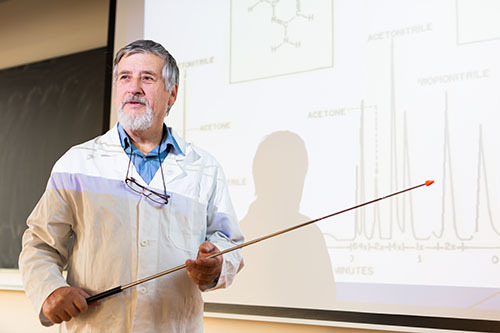
sayısallaştırma ve otomasyon kâr yukarıda hepsi dünyada, etik ve profesyonellik doğası söz konusu ve her taraftan saldırı altında gibi görünüyor. blokta yeni robotlar insan uzmanlardan bekliyoruz aynı uzmanlık ve çoklu zeka sağlayacak? Ne korumak ve bizim meslek kalitesini güçlendirmek için yapılabilir?
Bölüm Bugün 2 of our three-part blog mini-series, Profesyonel Etikçilerin Ara, Professor Howard Gardner will discuss this important topic and how, özellikle, education as a profession is being affected by our rapidly changing world.
Howard Gardner has received numerous honors throughout his lifetime, including a MacArthur prize fellowship. He has honorary degrees from many universities, ve biri seçildi 100 çoklu zeka kuramı yaptığı çalışmada da iş ve keşif için Dış Politikası ve Beklentiler dergisi tarafından en etkili aydınların. O goodwork ™ Projesi yönlendirir, örneklemini; iyi iş olduğunu bireyleri ve kurumları tanımlamak için büyük ölçekli bir çaba.
Howard, how do you view the professional status of educators?
Some sectors of education are clearly professional, Örneğin, professors (and I am one of them) have higher degrees and receive various kinds of protection in return for the services that they provide. In principle, we professors can also be removed from our positions if we violate the tenets of the academy, Örneğin, publishing work that has been plagiarized or systematically penalizing students who disagreed with us.
Teachers and administrators in the K-12 sector have the status of professionals in many countries; but it is no secret that many teachers in the public sector in the United States are not treated as professionals and there are powerful pressures nowadays, both economic and political, to de-professionalize K-12 education. These pressures range from efforts to destroy teachers’ unions to the manufacturing of curricula, online and offline, that are deemed ‘teacher-proof’.
So whether or not educators are thinking explicitly about whether they are engaged in a recognized profession, we should be and we should try to raise consciousness about a teaching corps that is highly professionalized.
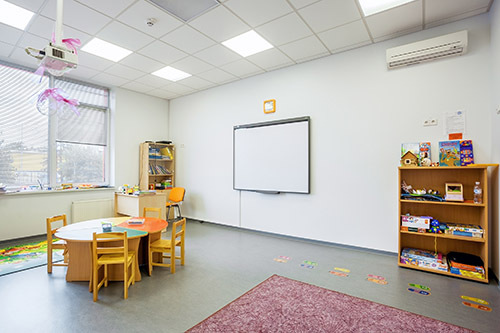
What are the key aspects of professional ethics for educators?
At the core of each profession is a set of values. In the case of education, the values include knowing one’s subject and keeping up with new knowledge; understanding the population(s) with which one is working; passing on the knowledge and values that are central to the community; preparing young people for a future that cannot be fully anticipated; ve, most important, treating all students fairly and with dignity.
But what about the issues that current trends in learning present for the education profession?
Hiçbiri “valuable” values I’ve previously mentioned can or should be scrapped. Ancak, aynı zamanda, it is imperative that educators realize that many forms of knowledge can be presented digitally and we should welcome the many powerful technological advances of recent decades.
Gerçekten, I’d like to replace the word ‘education’ with the phrase ‘life-long learning.’ While complexifying our profession, this move both underscores its importance. No longer is education an occupation that solely serves young people from 5 için 20; oldukça, it is lifelong, starting at birth and continuing so long as the learner is willing and able. ideal olarak, gelecekte, we should think of the range of workers in education, from preschool preceptors to graduate level professor, as members of the same profession.

How important is the compensation factor in the issues facing the K – 12 eğitim meslek?
I certainly believe that all professionals, whether teacher, ministers, avukatları, mühendisler, veya yöneticiler, should have a decent living. Society owes that to its valued workers.
And for those who say we can’t afford to pay teachers a decent wage, I ask them to consider how much money we spend on national defense each year and the size of salaries and bonuses that are paid each year to the many thousands who work on Wall Street.
Though criticisms of Teach for America have some validity, I’ve been a fan of that organization and others like it. We need to attract talented young college graduates to the profession of education and TFA has succeeded in this respect. But if we want to keep talented teaching novices in the profession, and help them become seasoned professionals, then we need both a viable career path ve a salary scale that allows teachers to lead a decent middle class life. We know that this can be done because it is being done in countries as different from one another as Finland, Polonya, and Singapore.
In the United States today, we are making a fundamental error, indeed a fatal error, by evaluating individuals by the amount of money that they make. This is the biggest change in American society over the last half century: 20. yüzyılın ortalarında, professionals were comfortable but did not expect to live like millionaires. That situation has changed fundamentally and is the single biggest threat to a society that wants, gerçekten, that needs, to have cohorts of competent professionals. It’s a reason that I do not favor for-profit educational systems. Once the principal, if not the only, purpose of education becomes the achievement of profit, then the other values are ultimately undermined.
How are compensation issues affecting higher education?
Though less in the public eye than K-12 education, our colleges and universities are also posing big threats to the education profession. More and more teaching is done by adjuncts, who move from one campus to another each day and who barely eke out a living. These individuals – who work so hard and get neither adequate compensation nor reasonable respect, have great difficulty in behaving like professionals, even if they aspire to do so.
On the other end of the spectrum, those fortunate enough to hold tenured positions in elite institutions often direct their primary allegiance to their discipline and their disciplinary colleagues scattered around the world, and not to their students or to the particular institutions in which they work. And some of them chase money as much as do their peers in law or medicine. I especially deplore the huge salaries paid to presidents, athletic coaches, and those who manage the endowments. Though technically working at non-profit institutions, these individuals are as market-driven as those who work in the for-profit world.
It has taken centuries for the United States to develop a set of colleges and universities that have justifiably been admired all over the world. And it would indeed be tragic if these institutions were to be undermined by de-professionalization of faculty and others in leadership positions.
And so there is much to be done if we want to establish and maintain a genuine profession of education, or indeed a family of professions.
In Howard’s final blog in this series, he will share his recommended steps on becoming ethical professionals.
(Tüm Resimler Shutterstock ve CMRubinWorld nezaket vardır)
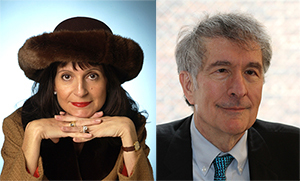

Sir Michael Barber dahil bana katılın ve dünyaca ünlü düşünce liderleri (İngiltere), Dr. Michael Blok (ABD), Dr. Leon Botstein (ABD), Profesör Clay Christensen (ABD), Dr. Linda Darling-Hammond (ABD), Dr. MadhavChavan (Hindistan), Profesör Michael Fullan (Kanada), Profesör Howard Gardner (ABD), Profesör Andy Hargreaves (ABD), Profesör Yvonne Hellman (Hollanda), Profesör Kristin Helstad (Norveç), Jean Hendrickson (ABD), Profesör Rose Hipkins (Yeni Zelanda), Profesör Cornelia Hoogland (Kanada), Sayın Jeff Johnson (Kanada), Bayan. Chantal Kaufmann (Belçika), Dr. EijaKauppinen (Finlandiya), Devlet Bakanı TapioKosunen (Finlandiya), Profesör Dominique Lafontaine (Belçika), Profesör Hugh Lauder (İngiltere), Rab Ken Macdonald (İngiltere), Profesör Geoff Masters (Avustralya), Profesör Barry McGaw (Avustralya), Shiv Nadar (Hindistan), Profesör R. Natarajon (Hindistan), Dr. PAK NG (Singapur), Dr. Denise Pope (ABD), Sridhar Rajagopalan (Hindistan), Dr. Diane Ravitch (ABD), Richard Wilson Riley (ABD), Sir Ken Robinson (İngiltere), Profesör Pasi Sahlberg (Finlandiya), Profesör Manabu Sato (Japonya), Andreas Schleicher (PISA, OECD), Dr. Anthony Seldon (İngiltere), Dr. David Shaffer (ABD), Dr. Kirsten Sürükleyici Are (Norveç), Başbakan Stephen Spahn (ABD), Yves Theze (ABD LyceeFrancais), Profesör Charles Ungerleider (Kanada), Profesör Tony Wagner (ABD), Sir David Watson (İngiltere), Profesör Dylan Wiliam (İngiltere), Dr. Mark Wormald (İngiltere), Profesör Theo WUBBELS (Hollanda), Profesör Michael Young (İngiltere), ve Profesör Minxuan Zhang (Çin) Onlar bütün milletler bugün karşı karşıya büyük resmi eğitim soruları keşfetmek gibi.
Eğitim Toplum Page Global Arama
C. M. Rubin o aldığı için iki çok okunan çevrimiçi serisinin yazarı 2011 Upton Sinclair ödülü, “Eğitim Global Arama” ve “Nasıl Oku Will?” O da üç çok satan kitapların yazarı, Dahil Harikalar Gerçek Alice, yayıncısıdır CMRubinWorld, ve bir Disruptor Vakfı Fellow.
C izleyin. M. Twitter'da Rubin: www.twitter.com/@cmrubinworld



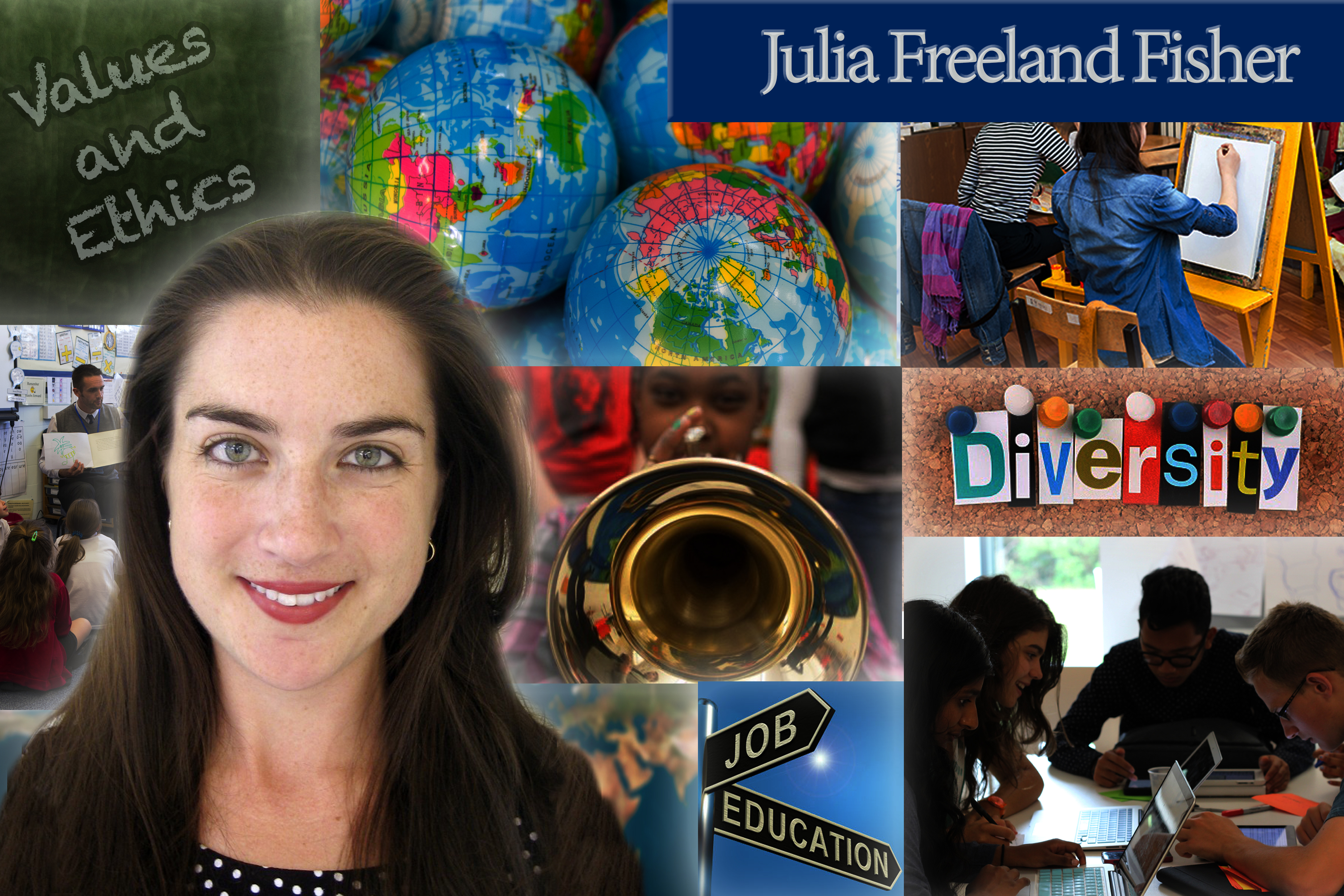
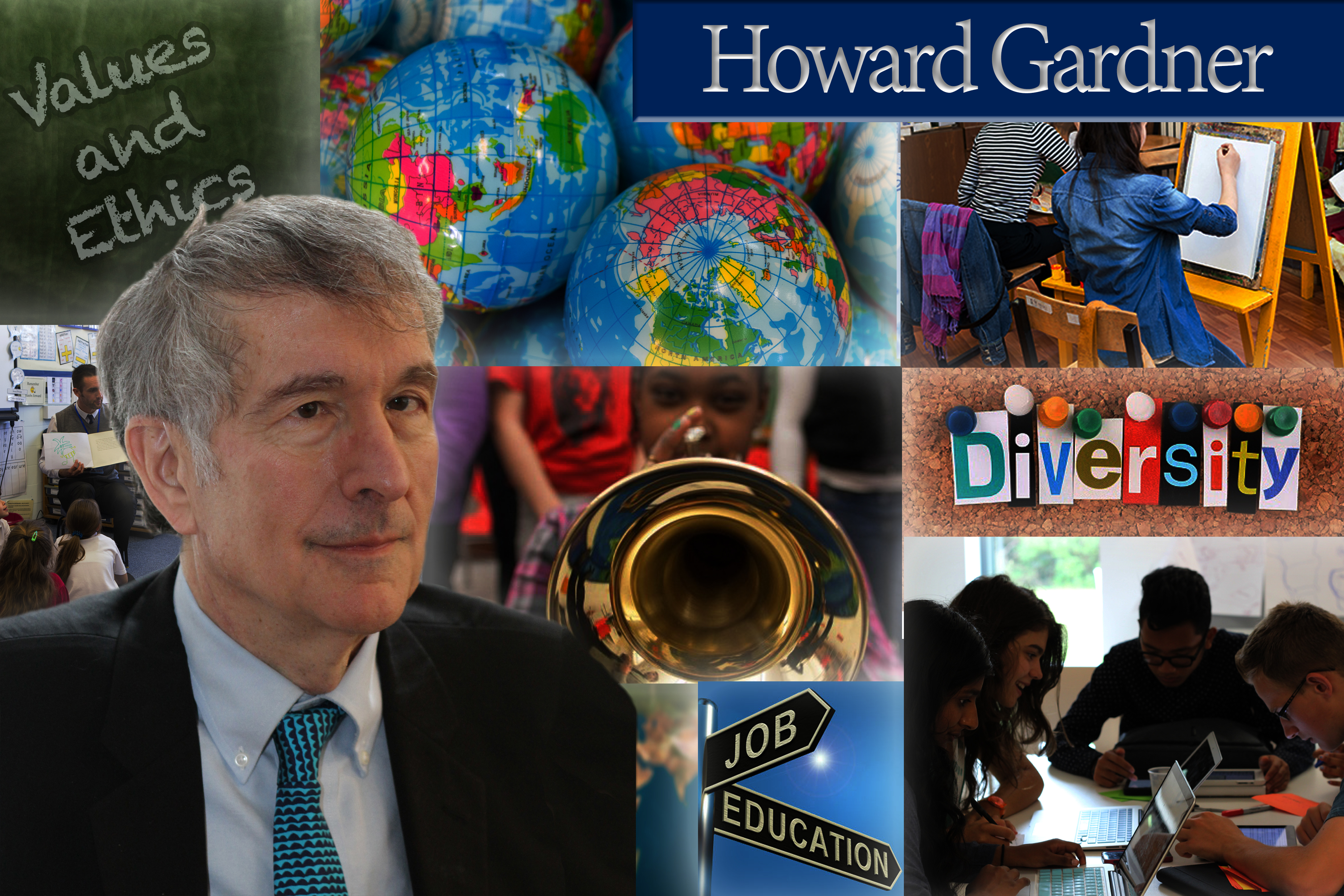
Son Yorumlar